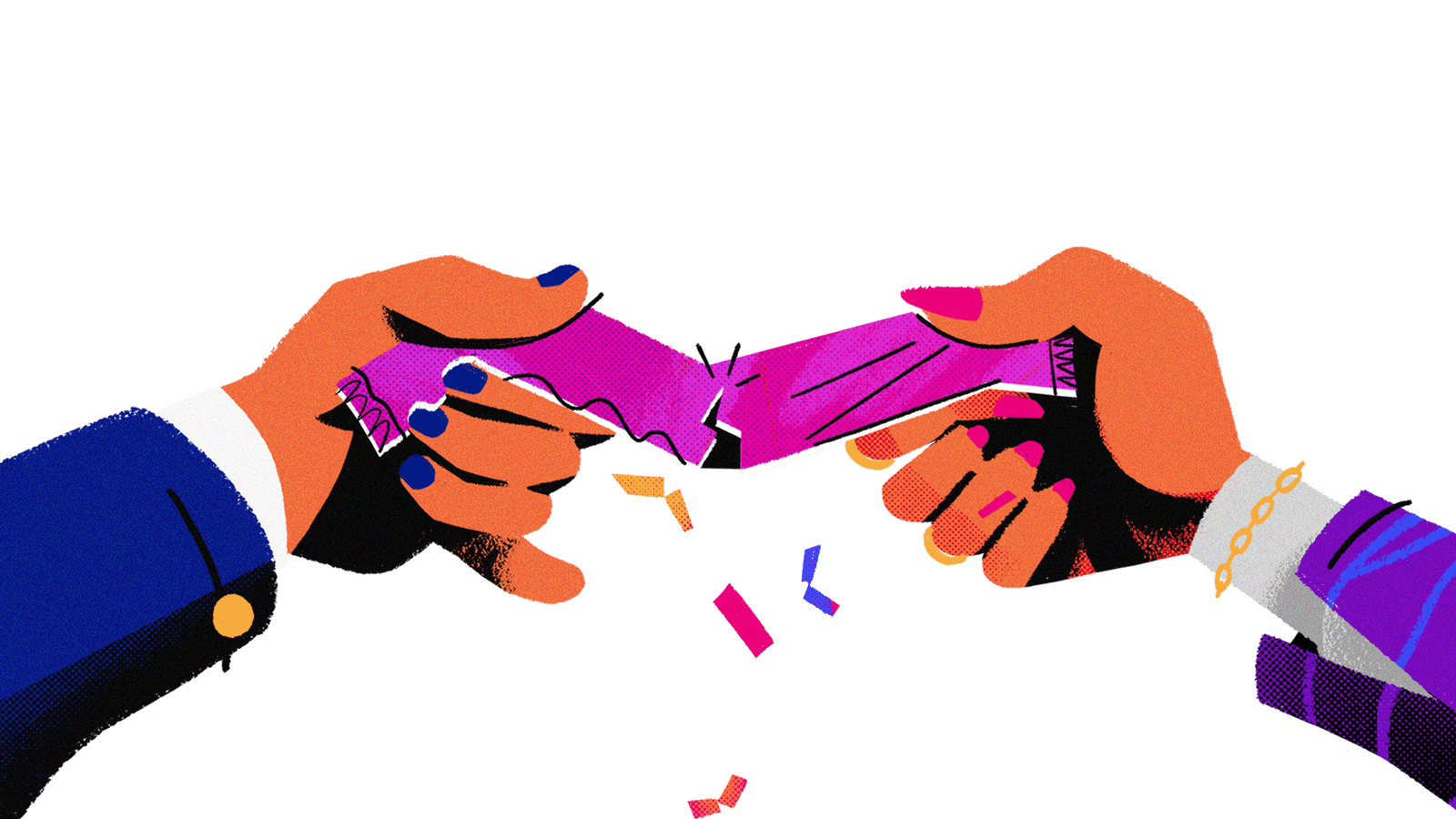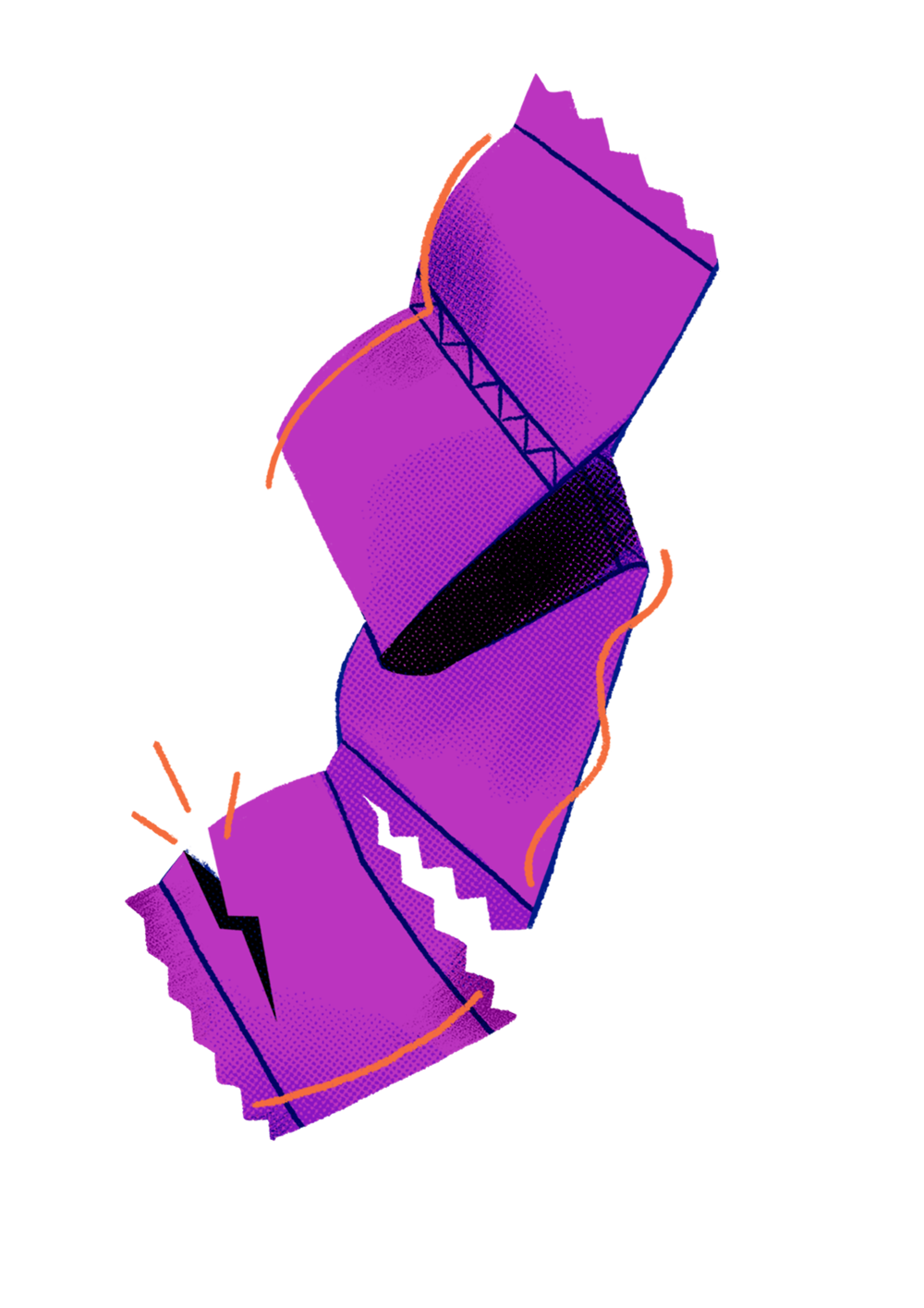Exposing the top sachet polluting companies with brand audits



Sachets are sealed, flexible plastic packaging designed for single use, usually consisting of multilayered plastic and other materials, such as metal or paper. They are widely used across Asia to sell small quantities of everyday products such as instant coffee, shampoo, condiments and detergents - with devastating environmental consequences. The difficulty of processing these tiny packages in waste management systems means these sachets end up in landfills, rivers, and beaches, harming ecosystems, wildlife, and ultimately, human health and livelihoods.
Together, these volunteers from 25 organisations collected a total of 33,467 sachets, which were traced to 2,678 different brands.


The top 10 sachet polluters are Unilever, Wings, Mayora Indah, Wadia Group, Balaji Wafers Private Limited, Procter & Gamble, Nestlé, Yes 2 Healthy Life, JG Summit Holdings, and Salim Group.

A staggering 2,678 brands that sell products in sachets were audited across four countries: India (380), Indonesia (1,212) the Philippines (784), and Vietnam (395), which indicates the proliferation of this problematic, single-use format.

Multilayer sachets dominate the packaging landscape, comprising 57% of the total sample, while single-layer packaging accounts for 41%. This is significant because the multiple layers of different materials make recycling of sachets impossible.

Among the top ten polluters, three of these companies are Indonesian (Mayora Indah, Wings, and Salim Group), two are Indian (Wadia Group and Balaji Wafers Private Limited), one is Filipino (JG Summit Holdings), and one is Singaporean (Yes 2 Healthy Life). The remaining three are from outside the region, headquartered in the US and Europe (Unilever is based in the UK, Nestlé is in Switzerland, and Procter & Gamble is from the USA). All ten companies are in the business of selling fast-moving consumer goods, primarily processed food and beverage manufacturing, as well as some personal care products. Sachets from food packaging constituted 86% of the sachet waste collected.

Medium-sized (52.5 x 74.25 mm) sachets - approximately the size of a standard pack of Kleenex tissues - made up the largest fraction of the sample at 35%, followed by small (26.25 x 37.125 mm) sachets at 34%, large sachets (105 x 148.5 mm) at 14%, extra small (13.125 x 18.5625 mm) sachets at 11% and extra large (210 x 297 mm) ones at 6%.
The sachet brand audit report draws attention to the proliferation of these problematic, single-use sachets. BFFP calls on fast-moving consumer goods companies to:

Unveiling the Sachet Scourge in Asia!
From 2019-2022, global brand audits recorded ‘sachets’ among the top 6 most prevalent types of plastic waste.
The #BrandAudit2023 identified the top 10 sachet polluters in India, Indonesia, the Philippines, and Vietnam: @unilever, Wings, @mayora_group, Wadia Group (@BritanniaIndustriesLimited), @BalajiWafers, @proctergamble, Nestle, @yes2healthylifesg, JG Summit Holdings (@urcphilippines), and Salim Group.
For years, FMCGs have flooded Asia’s markets with this inherently polluting, multi-layer packaging format! It’s time to #QuitSachets!
Visit: https://bit.ly/sachets-brandaudit2023 for more information
#BreakFreeFromPlastic
